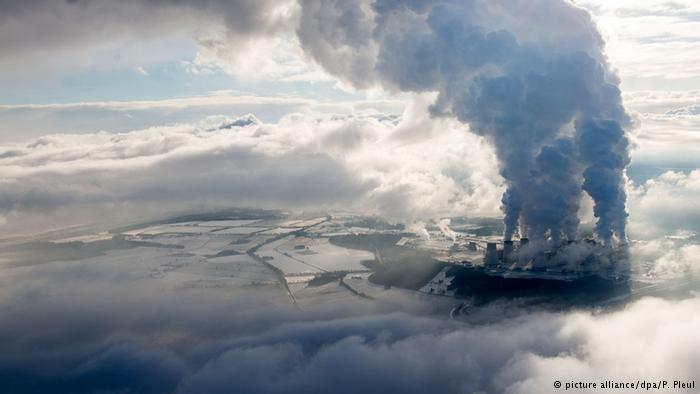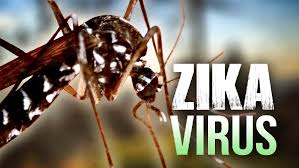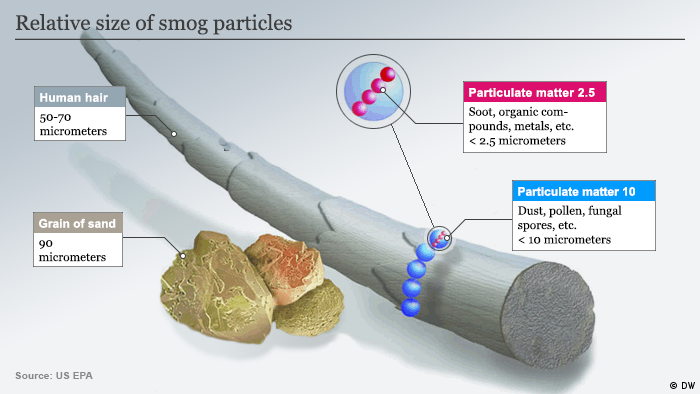 |
Online : 7 |
 |
Total visitors : 1610839 |
Air pollution- The cause of death for one in nine people
A new WHO study entitled "Ambient air pollution: A global assessment of exposure and burden of disease," released Tuesday in Geneva, highlighted the human cost of bad air.
Outdoor air pollution from sources like particulate exhaust from vehicles, coal-fired power stations, or forest burning poses health risks to the overwhelming majority of human beings worldwide, the study found.
The study shows 92 percent of the world's people breathe outdoor air that's polluted beyond levels deemed acceptable under WHO guidelines.
Indoor air pollution poses additional risks. This can be caused by dirty outdoor air entering a house, but also by dirty cook stoves, wood or unprocessed coal burned for heating or cooking, or kerosene and diesel fuels.
"Some 3 million deaths a year are linked to exposure to outdoor air pollution," WHO said in a news release. "Indoor air pollution can be just as deadly," the statement continued. In 2012, an estimated 6.5 million deaths - nearly 12 percent of all global deaths - were associated with indoor and outdoor air pollution together, the WHO found.
The new data "is enough to make all of us extremely concerned," Maria Neira, the head of the WHO's department of public health and environment, told reporters.
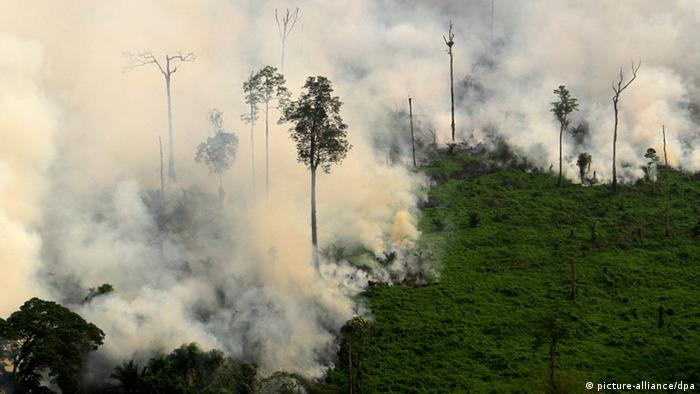
Burning of peatlands in Indonesia and Malaysia to clear land for palm oil plantations has caused massive release of air pollution, including CO2
Public health emergency
Poorer countries have much dirtier air than in the developed world, according to the report. But pollution "affects practically all countries in the world, and all parts of society," Neira said.
"It is a public health emergency - fast action to tackle air pollution can't come soon enough," Neira added. She urged governments to cut the number of vehicles on the road, improve waste management, and promote clean cooking fuels.
Nearly 90 percent of deaths related to air pollution occur in low- and middle-income countries, with nearly two-thirds occurring in Southeast Asia and the Western Pacific region, WHO found.
Of these deaths, 94 percent are due to noncommunicable diseases - notably cardiovascular disease, stroke, chronic obstructive pulmonary disease, and lung cancer.
Aside from increasing mortality, air pollution also increases the risk of acute respiratory infections.
Dangerous particulates
WHO's "acceptable" level for small particulates with diameters below 2.5 micrometers - the most dangerous kind - is set at an average of 10 micrograms per cubic meter.
But that level is routinely exceeded - not just in urban areas, but also in rural settings, the WHO study found on the basis of data collected from more than 3,000 sites across the globe.
Small particulates include pollutants like sulfate, nitrates, and black carbon. Various toxic chemicals often attach to black carbon, for instance polycyclic aromatic hydrocarbons - which are known to be carcinogenic - as well as toxic metals and inorganic salts.
Black carbon suspended in the air serves as a delivery system for dangerous chemicals into the lungs and bloodstream, experts say. That's because small particulates' size allows them to penetrate deep into the lungs and into the cardiovascular system, where they pose risks to health ranging from asthma, to heart disease and lung cancer.
According to WHO, "there is no evidence of a safe level of exposure or a threshold below which no adverse health effects occur" - though the higher the level, the greater the risk.
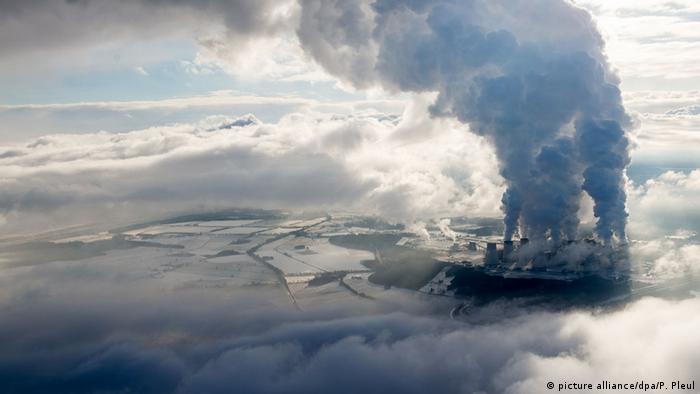
Coal-fired power plants, along with diesel- or gasoline-powered cars and trucks, are a major source of air pollution
Dramatic action urged
WHO called for dramatic action to reduce air pollution at the source, saying "it's the single biggest environmental health crisis we face."
Carlos Dora, coordinator at the WHO's public health and environment department, said that some of the strategies commonly adopted to safeguard against polluted air are not really effective.
For example, daily air quality warnings - like those sometimes issued in Beijing - likely do little to help the average person, since the real threat is exposure to dirty air over extended periods.
Staying indoors on a day when the air is particularly bad likewise accomplishes little, Dora added, and WHO has seen "no conclusive evidence" that face masks do much to filter dirty air.
Pollution has to be reduced at the source, the report concludes. A key message: The sooner the world stops burning fossil fuels, the better.
Featured news
- ZIKA: THE BASICS OF THE VIRUS AND HOW TO PROTECT AGAINST IT
- Air pollution- The cause of death for one in nine people
- Flu season has arrived! Should we wear masks to protect themselves from the flu?
- Specializes in manufacturing, wholesale and retail supply of face masks
- Masks: Using wrong, harm themselves
- Note the use of masks
- Benefits of medical masks
- Recruitment




















